September 2017

Water Stress is Driving Conflict and Migration. How Should the Global Community Respond?
September 30, 2017
Water insecurity has driven social distress throughout history, from the Mayan Empire to modern-day Syria. But global efforts to avoid crises have been inadequate. There’s a better path forward. A new WRI commentary discusses the state of current water hotspots, and explains why and how we need to act with urgency on water issues. Water […]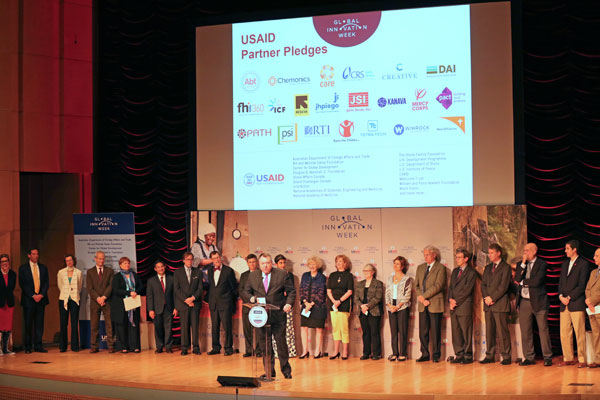
Pledge for Innovation and Excellence
September 29, 2017
On September 28, as part of USAID’s Global Innovation week in Washington, D.C., Winrock International President and CEO Rodney Ferguson took the stage along with the heads of 20 other high-level USAID partner organizations to make a “Pledge to Innovation and Excellence.” “We pledge to incorporate solar capabilities in all new project sites we’re planning […]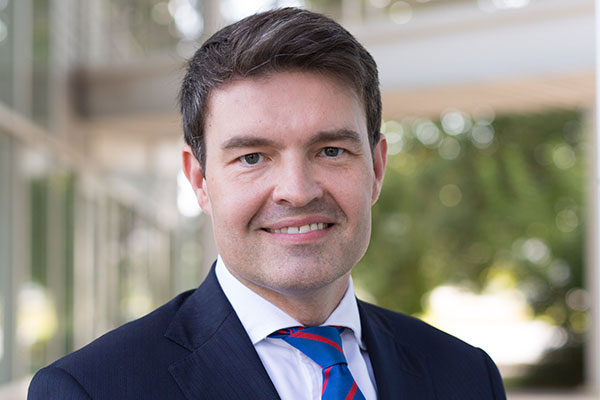
David Sanders Named New Director of Innovate Arkansas
September 28, 2017
LITTLE ROCK, Ark. – September 28, 2017 – Winrock International has named David Sanders director of Innovate Arkansas, the state-wide initiative that helps scale promising Arkansas technology ventures. “Ten years ago, the team at Winrock launched Innovate Arkansas to build the start-up ecosystem that is now thriving in our state. Under David’s leadership, Innovate Arkansas […]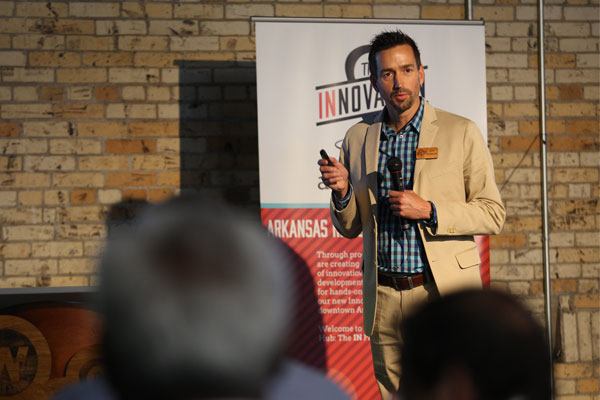
An Arkansas First: USG Invests Direct Dollars Into Startups Via Winrock’s Delta I-Fund
September 26, 2017
LITTLE ROCK, Ark. — September 26, 2017 — The U.S. Department of Commerce announced that Winrock International has been awarded a $279,202 grant for the Delta Innovation Fund (I-Fund) to create early-stage seed capital funds through the Economic Development Administration’s Regional Innovation Strategies (RIS) program. “The Trump Administration is committed to strengthening U.S. production and […]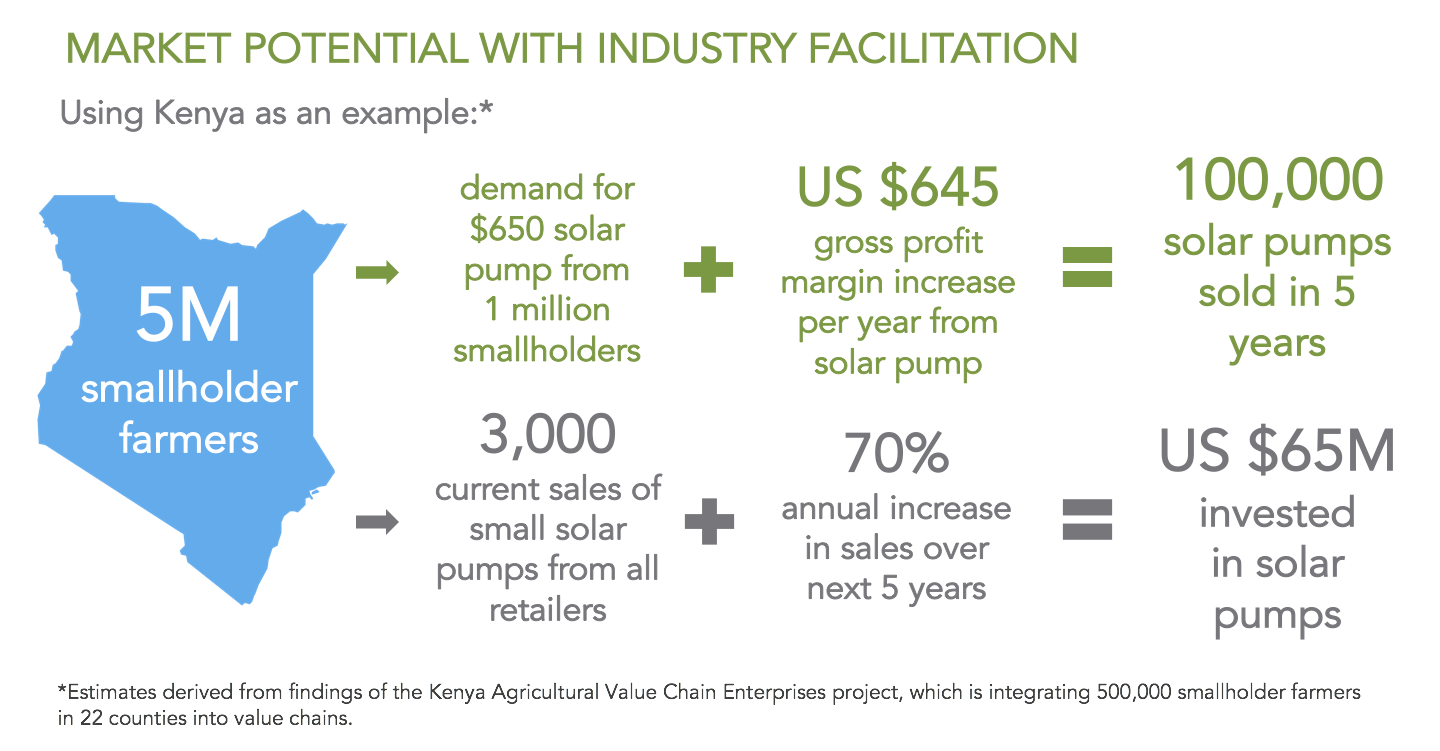
Getting Pumped
September 20, 2017
By Evgenia Sokolova, finance consultant to Winrock’s Clean Energy Innovations team “I fell in love with that water pump the first time I saw it,” said Joshua Okundi, a passion-fruit farmer from Kendu Bay. Okundi (pictured above, center, with blue cap) is one of the 9,000 farmers who saw the solar pump at one of […]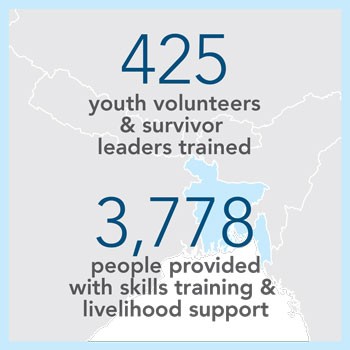
Back to School
September 19, 2017
In many parts of the world, September means back to school. Here’s what children are learning, courtesy of Winrock projects: The Green Valley Academy in Ilam, Nepal, is part of a recycling revolution. Before, the school burned its waste paper and plastics on campus, prompting complaints from neighbors. But now it provides recycling bins and […]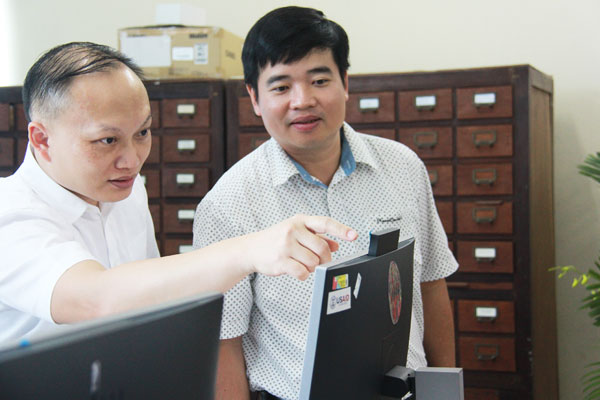
New Lab Keeps on Giving
September 15, 2017
The USAID-funded new building energy simulation lab opened at Vietnam’s Ministry of Construction on September 12, 2017 in Hanoi. The lab is part of the USAID Vietnam Clean Energy Program’s sustainability plan to ensure that key program components and activities continue to benefit the Ministry of Construction with the necessary software and tools. The lab […]
Ghana Receives Landmark Approval From Carbon Fund
September 14, 2017
September 11, 2017 – Winrock International contributed significantly to the development of Ghana’s Emission Reduction Program which has become part of the portfolio of the Carbon Fund of the World Bank’s Forest Carbon Partnership Facility, making it eligible to receive performance-based payments for reducing emissions from deforestation and forest degradation (REDD+). Ghana is the second country […]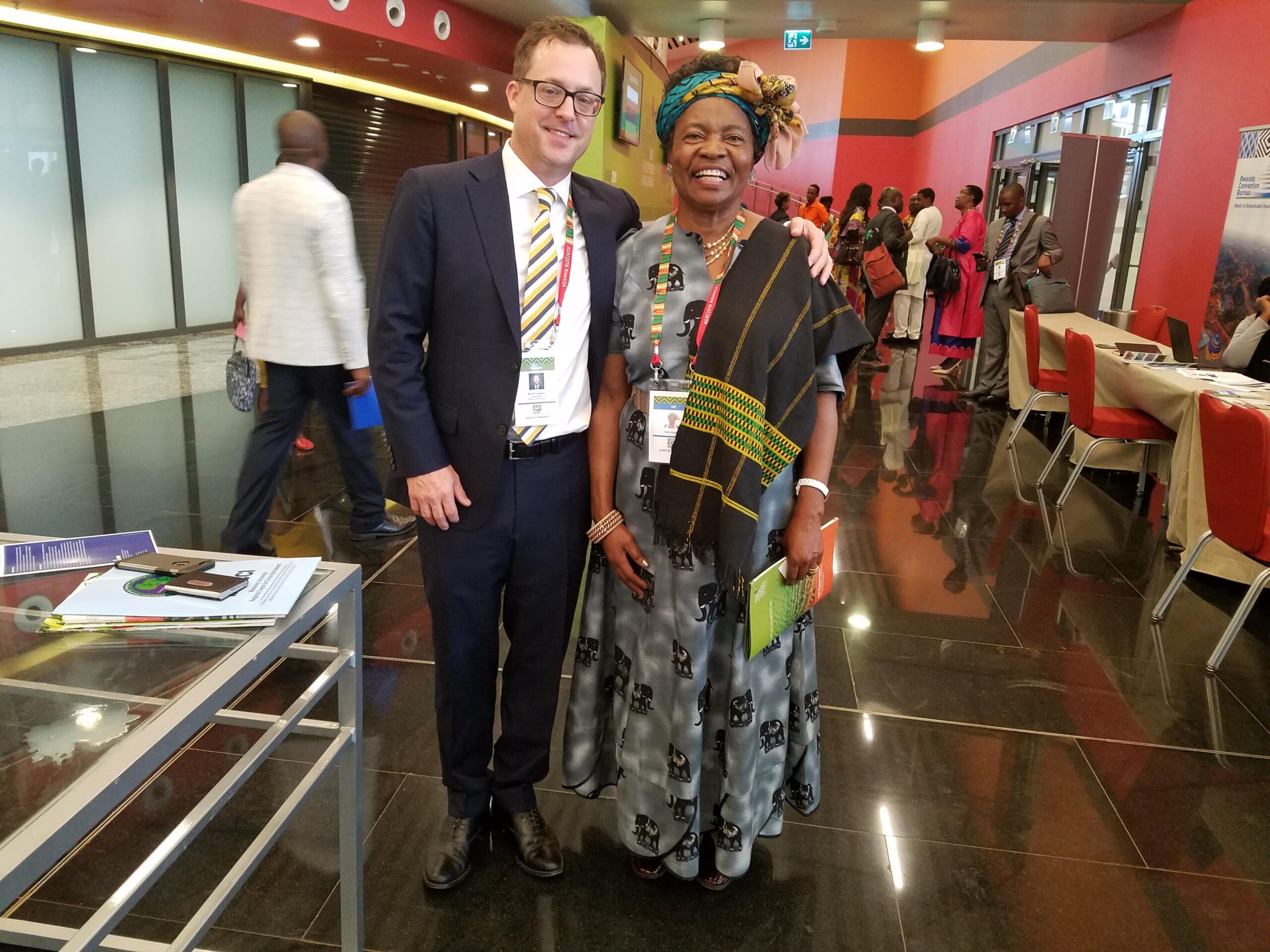
2017 Africa Food Prize Winners
September 14, 2017
Professor Ruth Khasaya Oniang’o, chair of the Sasakawa Africa Association and the Sasakawa Fund for Extension Education (SAFE), and Malian agriculture entrepreneur, Maïmouna Sidibe Coulibaly, whose work benefited from Winrock volunteer experts and a project that Winrock co-implemented, have won the 2017 Africa Food Prize. The prize recognizes those who use agriculture to transform lives and […]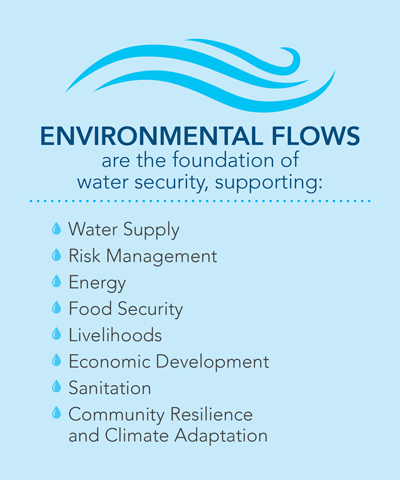
Water and Ecosystems: The Importance of Environmental Flows
September 12, 2017
Water is an essential resource that underpins human societies and is a requirement for ecosystem health. Availability of clean and reliable supplies of water is central to many, if not all, development challenges. Through water management infrastructure, including dams and reservoirs, irrigated areas, levees and canals, we secure water supplies and manage risks to communities […]